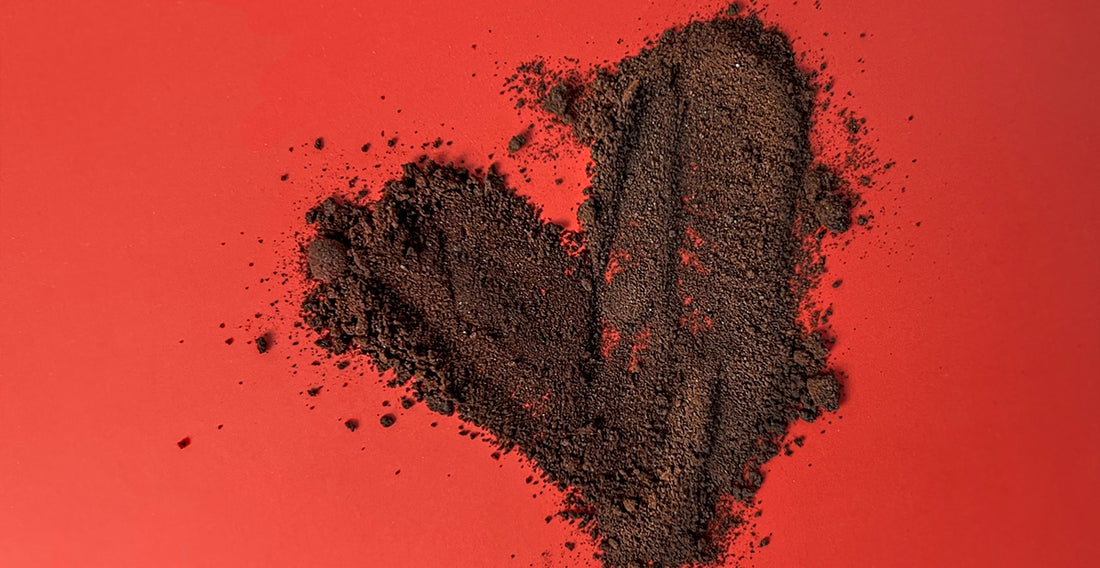Heart Health is Important at Every Stage in Life!
Optimizing Heart Health
- Exercise
- Reduction in stress
- Herbs
- Vegetables
- Increase Omega 3s
- Reduce sugar intake
- Reduce caffeine and alcohol intake


Your circulatory system gets talked about plenty, from the heart to the blood and its flow around your body. There’s another ‘flow’ that is just as essential to your health,...
Your circulatory system gets talked about plenty, from the heart to the blood and its flow around your body. There’s another ‘flow’ that is just as essential to your health,...

Tulsi, our Favorite Flavorful and Flexible Herb Our alcohol-free Tulsi drops provide a tasty way to promote resilience to stress and life’s inevitable changes. On their own, they provide a...
Tulsi, our Favorite Flavorful and Flexible Herb Our alcohol-free Tulsi drops provide a tasty way to promote resilience to stress and life’s inevitable changes. On their own, they provide a...

Laurie Dohmen, VMD, MS, RH(AHG), FACVBM It’s finally springtime! Time to renew and reawaken our bodies and those of our pets. In our last blog, we talked about following a...
Laurie Dohmen, VMD, MS, RH(AHG), FACVBM It’s finally springtime! Time to renew and reawaken our bodies and those of our pets. In our last blog, we talked about following a...
